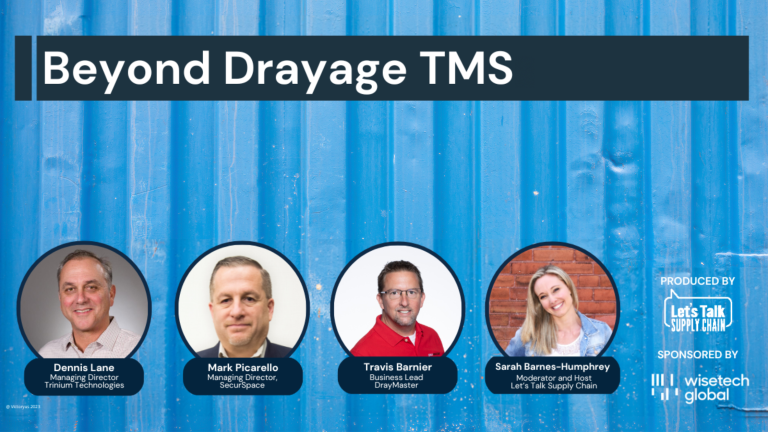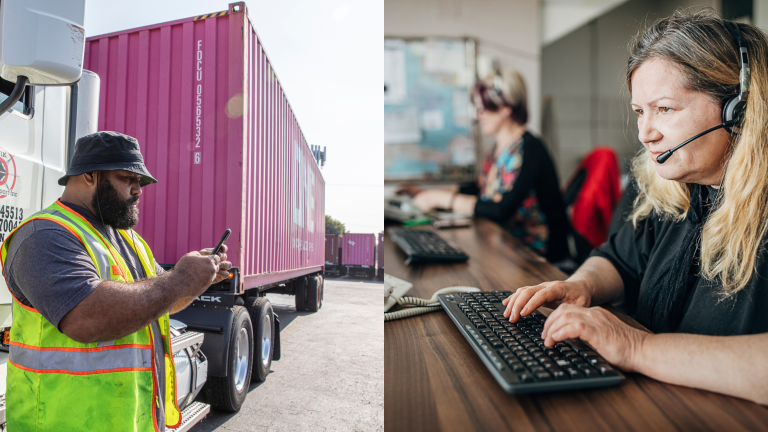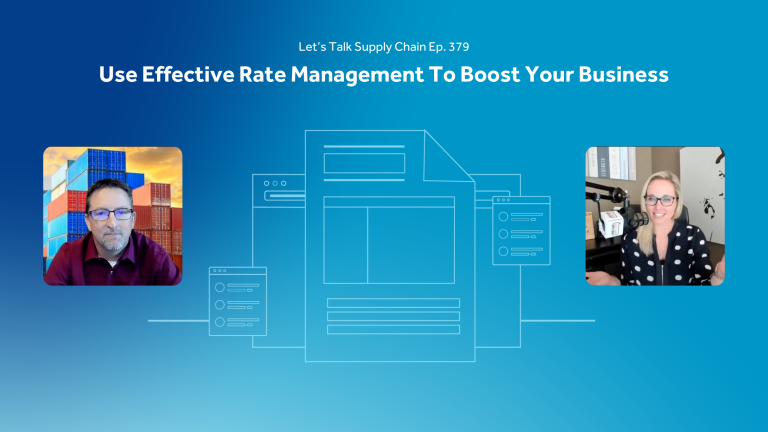So you run a trucking company—good on you! You are one of the brave that keeps the country moving (literally and figuratively). Now while I can’t help you move freight from Des Moines to Albuquerque, through my trucking software work, I’ve had a chance to learn about some of the biggest mistakes small trucking companies make, and more importantly, how to avoid them.
1. Not Watching Cash Flow / Overextending
It sounds pretty obvious, though not paying close enough attention to cash flow is one of the main reasons start-up trucking companies fail. Starting this type of business takes a fair chunk of capital. There’s the $120K for your tractor, another $40-80K for your trailer, and all kinds of other costs (insurance, maintenance, etc.) that keep sneaking up on you.
You also have costs of drivers and fuel—costs which generally need to be addressed within seven days.
Now, to make things even harder, customers pay you 45-60 days AFTER a delivery is made.
Simple math shows you that cash outflow (seven days) does not quite match with inflows (60 days), which leads many small trucking firms to turn to factoring companies who buy their invoices. And while these factoring companies may help address short-term cash-flow issues, by taking their 2-5% for the invoices, the already skinny 2-7% margins that the average family-run trucking company sees becomes difficult. Make sure you, or at least your trucking software, keeps a careful eye on cash-flow.
2. Not Paying Close Enough Attention to Compliance
Though you may be tempted to push that three-month servicing off to six-months, pushing or ignoring maintenance always ends up costing you more in the long run. Regular engine maintenance is far more cost effective and easier to plan for than emergency maintenance—especially when said emergency maintenance not only puts a truck out of commission, but requires that it get picked up from the side of the road. A well maintained truck will also get you up to 50% better gas mileage.
And just as you need to pay attention to your equipment, you also need to pay attention to who you have driving it. You need to be on top of qualifying your drivers. A rule of thumb is to take a pass on those who:
- Don’t have at least one year of highway driving experience
- Have had a DUI, or
- Have two or more moving violations
Following this rule will save you great pains down the road (pun intended). As I mentioned earlier, your average tractor+trailer costs you around $200K (no small sum). Once you add in your customer’s cargo, you can quickly see how much responsibility you’re putting into your driver’s hands.
So while you might not think you have time, take your driver for a 30-minute road-test. Your future self, as well as your high-priced insurance provider, will thank you.
3. Not Knowing Your REAL Cost Per Mile
Most quotes to customers are based on cost per mile. The idea behind the calculation is pretty simple – determine what your cost per mile is, and charge more than that! Though figuring out what your cost of fuel and driver pay per mile is relatively easy, do you know what it is for insurance? What about maintenance costs, IFTA, tolls…the list goes on.
Often times for small trucking companies, the cost per mile quoted is based on incomplete information—as this is more likely to happen when using pen and paper or Excel to track costs, rather than trucking software (which doesn’t have to be expensive).
While potholes for trucking companies are all around, these are the three biggest ones to have on your radar. If you’d like to learn about a solution designed to help you avoid these violations, err, mistakes—a solution that grows WITH your business and helps you deal with all that paperwork that eats into your weekend, sign up for a free trial of Tailwind’s trucking software.
Editor’s note: This blog was originally written for Tailwind Transportation Software, Three Biggest Mistakes Made by Small Trucking Companies.




